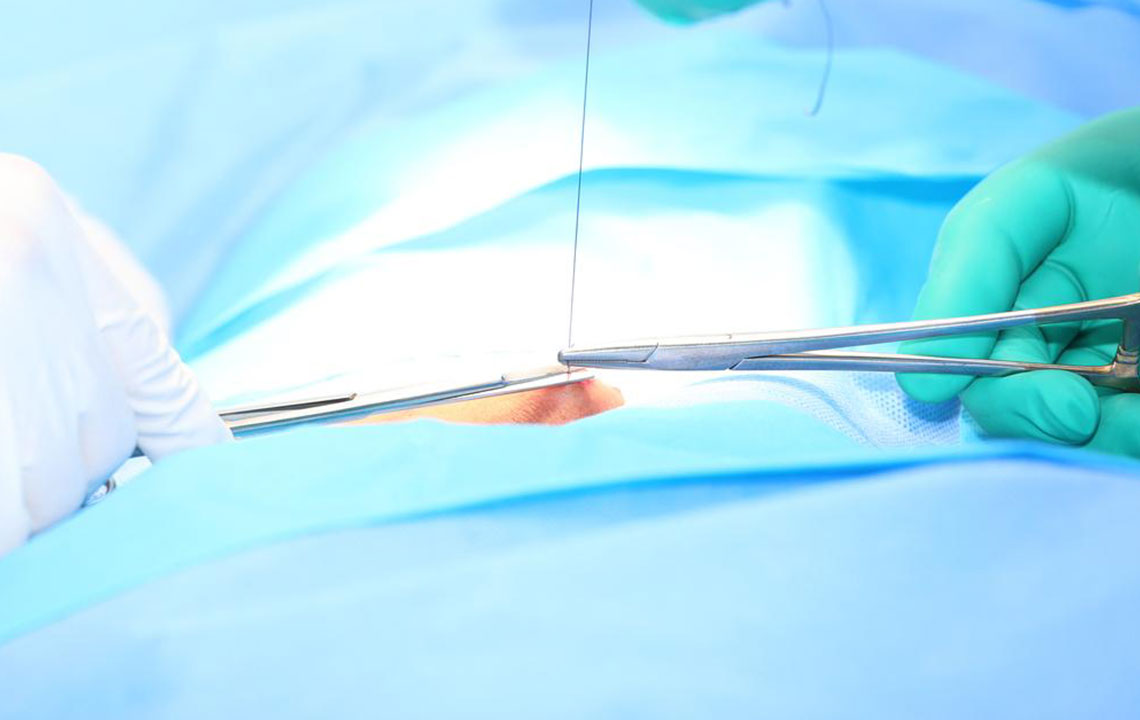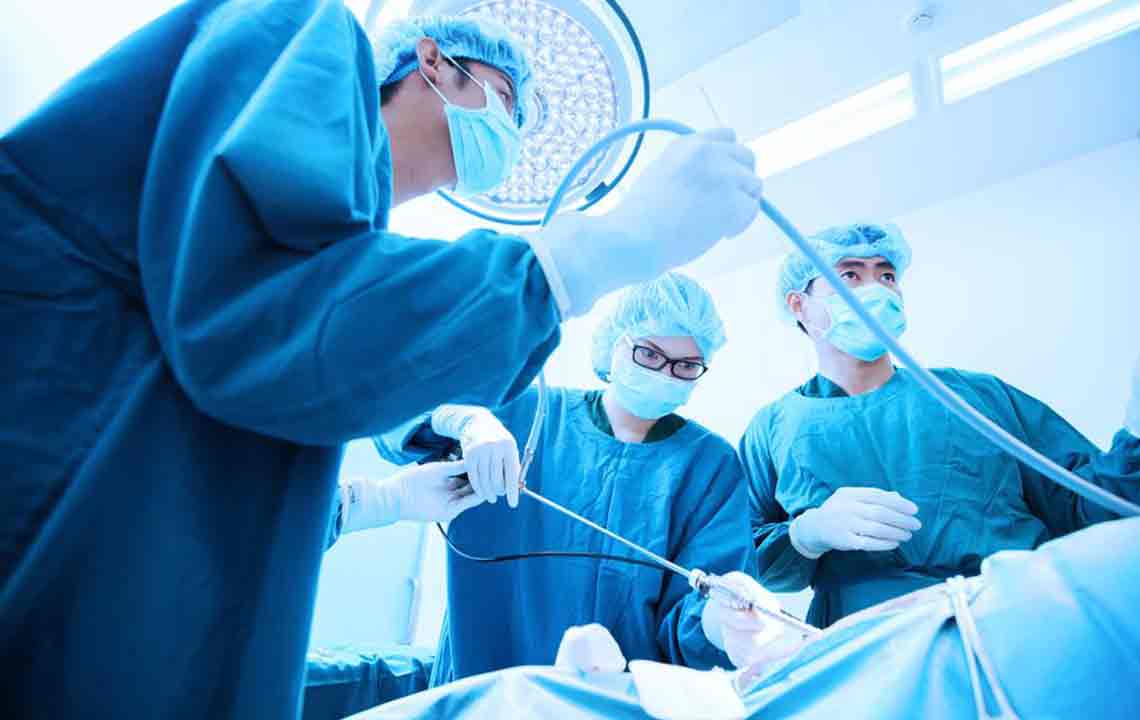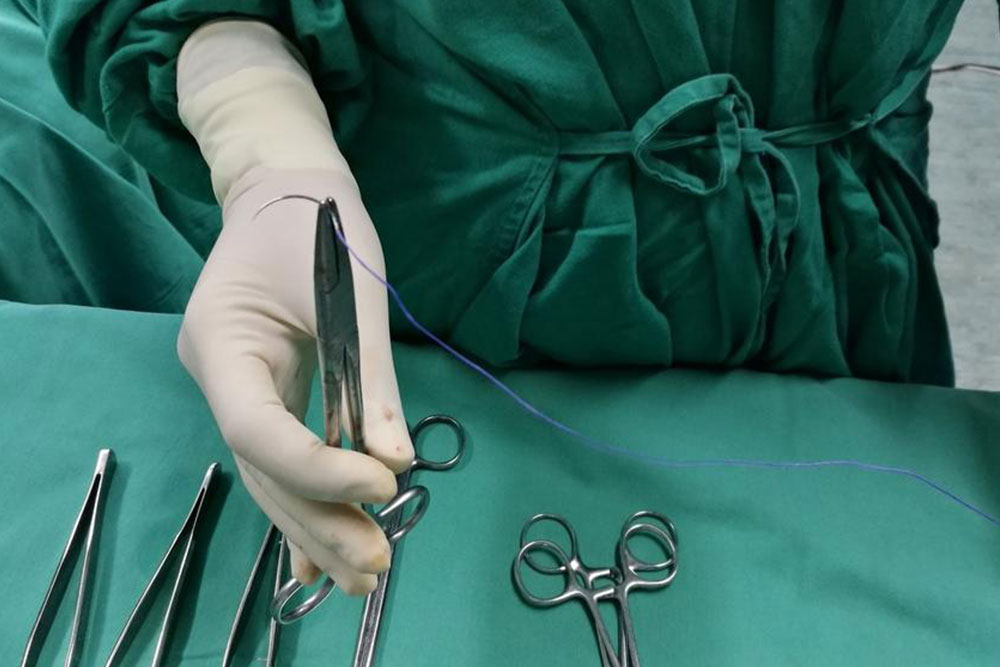Essential Information About Hernia: Causes, Symptoms, and Treatments
Learn everything about hernias, including their symptoms, types, causes, risks, and the latest treatment options. Whether it's surgical or conservative management, understanding your condition helps in effective treatment. Consult healthcare professionals for personalized advice and avoid complications through early intervention.

A hernia is a medical condition where an internal organ or tissue pushes through a weak spot in the surrounding muscles or connective tissue. It commonly causes discomfort and may require medical attention to prevent complications.
Recognizing Hernia Symptoms
A visible bulge in the groin, thigh, or abdominal area
The bulge reduces when lying down
A sudden appearance of swelling during coughing or straining
Persistent heaviness or pressure in affected regions
Digestive issues such as acid reflux, nausea, or vomiting
Pain or weakness when bending, lifting, or coughing
Increasing size of the bulge over time
Types of Hernias
Inguinal Hernia: Involves fatty tissue or part of the intestine protruding into the groin, more frequent in men.
Femoral Hernia: Fatty tissue or intestine pushes into the upper inner thigh, mainly affecting older women.
Umbilical Hernia: Occurs when intestine or fat protrudes through the navel area.
Hiatal Hernia: Part of the stomach squeezes into the chest cavity through the diaphragm's opening.
Causes of Hernia
Weak abdominal muscles, present from birth or developed over time, contribute to hernias. Factors like obesity, pregnancy, repeated strain, or chronic coughing can cause or worsen hernias, especially inguinal and femoral types. Umbilical hernias often result from pregnancy or excessive abdominal pressure, while hiatal hernias may relate to diaphragm weakening due to aging or pressure.
Potential Risks if Left Untreated
While some umbilical hernias in infants resolve naturally, others can enlarge and become painful. Untreated hernias may lead to complications such as incarceration or strangulation:
Incarceration: The trapped intestine causing pain, nausea, and swelling.
Strangulation: Loss of blood supply to the tissue, risking tissue death, requiring emergency surgery.
Hernia Treatment Options
Depending on hernia size and symptoms, treatments range from lifestyle modifications to surgery. Prevent activities that increase abdominal pressure to avoid worsening the hernia.
Surgical Procedures
Open Surgery: Uses sutures, mesh, or both to repair the hernia, closing the weakened area.
Laparoscopic Surgery: Minimally invasive approach with small incisions, often preferred for repeat repairs, reducing complication risks.
Non-Surgical Management
In less severe cases, conservative remedies can provide relief:
Supporting the hernia with a truss or supportive clothing (after consulting a doctor)
Traditional therapies like acupuncture to ease pain
Eating small, easily digestible meals to prevent digestion issues
Avoiding smoking, alcohol, and caffeine
Maintaining a healthy weight to prevent additional pressure
Engaging in gentle exercises like cycling and stretching
Consuming natural remedies like apple cider vinegar and aloe vera juice to alleviate pain and reflux
Eating high-fiber foods such as whole grains
Always consult a healthcare professional before starting any treatment for hernia management.
Disclaimer:
This blog provides general health information based on research but is not a substitute for professional medical advice. Readers should consult healthcare providers for personalized care. The site is not responsible for inaccuracies or external scheme updates.










